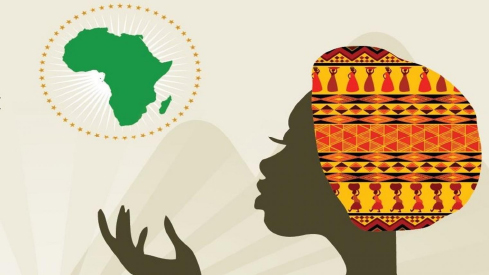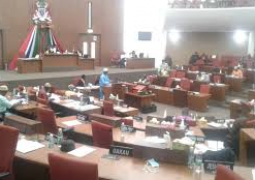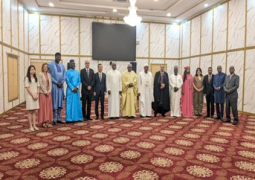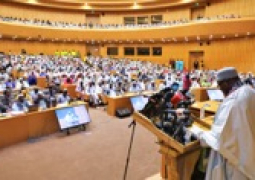
According to the recommendations labeled by the OHCHR, the role of women in trade in Africa is mostly overlooked, as they make up the majority of the informal economy, agriculture and cross border trade.
The recommendations continue that most economic policies are drafted in gender neutral language, which ignores the differentiated impact of policies on women.
However, the recommendations stated that African governments should analyse the impact of the AfCFTA on women, and design measures to ensure that the trade agreements do not increase discrimination against women.
Additionally, the OHCHR recommends that broad based stakeholder consultations should be organised during negotiating, drafting, and implementing processes of the AfCFTA. "They should particularly include vulnerable and disadvantaged groups and populations, such as women and rural populations, small and medium scale enterprises, and informal sector workers.
"Other stakeholders should include agricultural producers and farming associations, consumer bodies, chambers of commerce and industry, specific-industry associations, professional associations, standard-setting bodies, the media, as well as CSOs."
Disaggregated data collection, according to the recommendations, is key to understanding the differentiated impact of trade and investment policies on different groups and populations, adding that data collection also allows governments to develop targeted trade and investment liberalisation policies to ensure that the benefits of trade and investment policies are equally shared among diverse sectors of society.
Furthermore, the recommendations added that the reduction of internal trade tariffs should be considered in order to boost intra-African trade, which may impact vulnerable groups and African countries that are reliant on intra-African trade tariffs for government revenue.
Governments should embark on gradual liberalisation that allows protection especially for vulnerable groups and in key areas such as food security. Careful planning is needed to ensure that the implementation of the AfCFTA does not negatively affect the government's ability to protect human rights."
The recommendations added that states should resist provisions of the AfCFTA that could undermine the ability for governments to implement future measures to protect human rights in accordance with standing human rights obligations.





